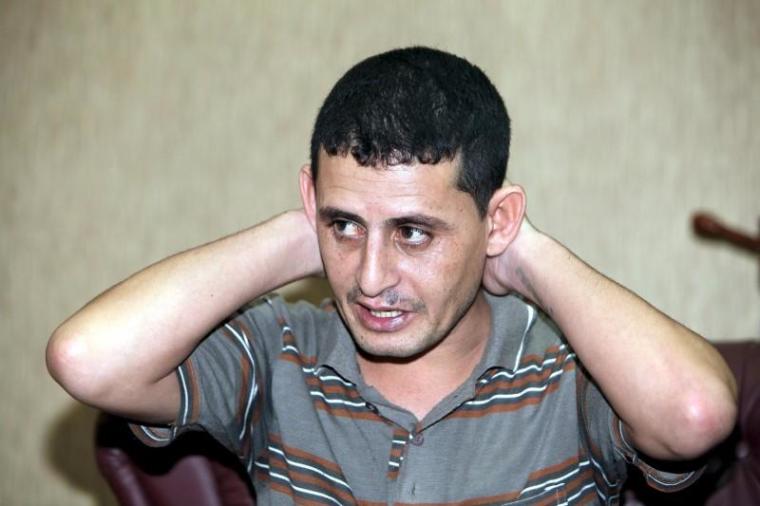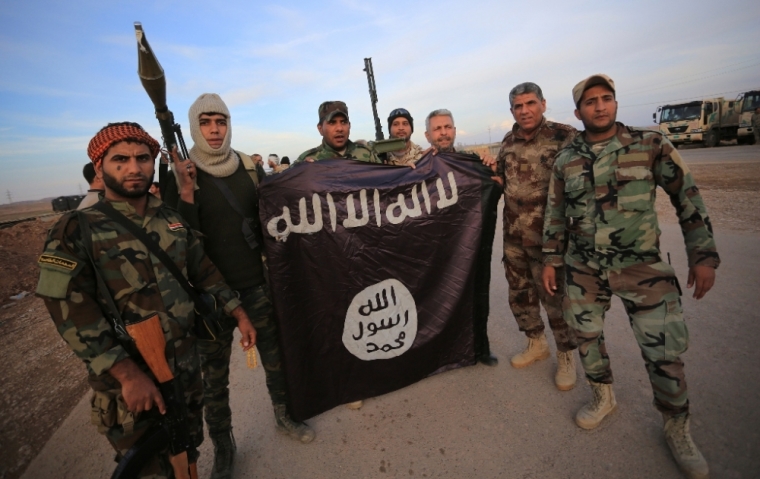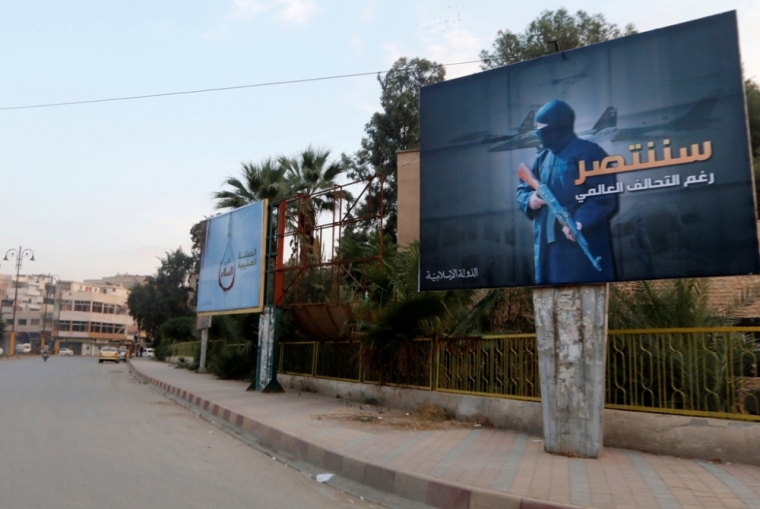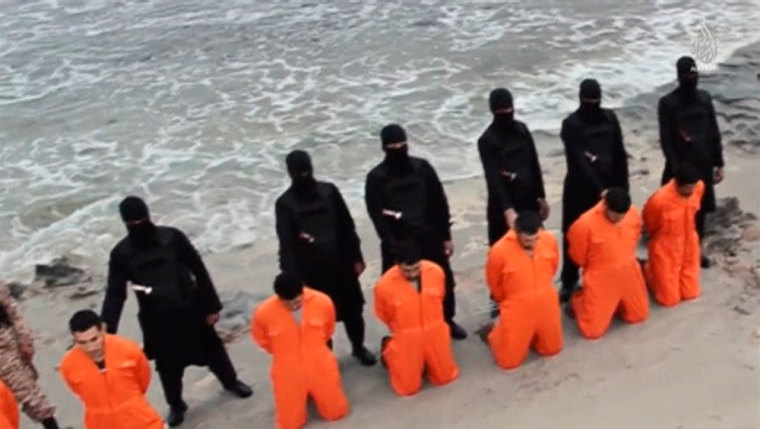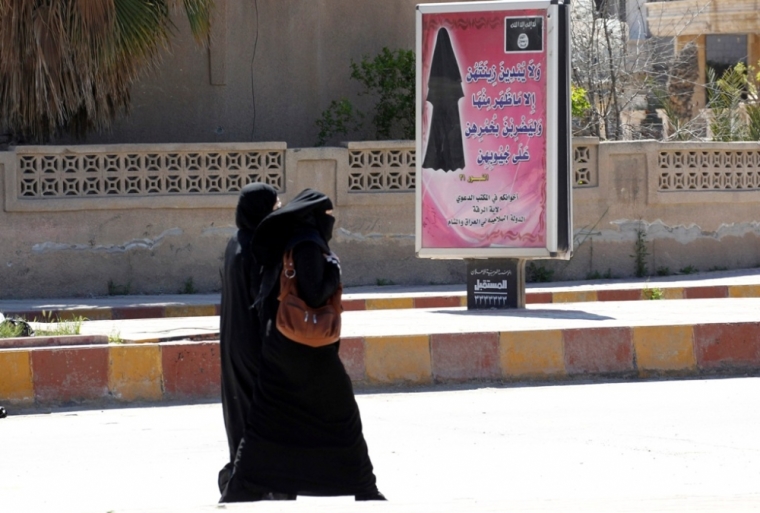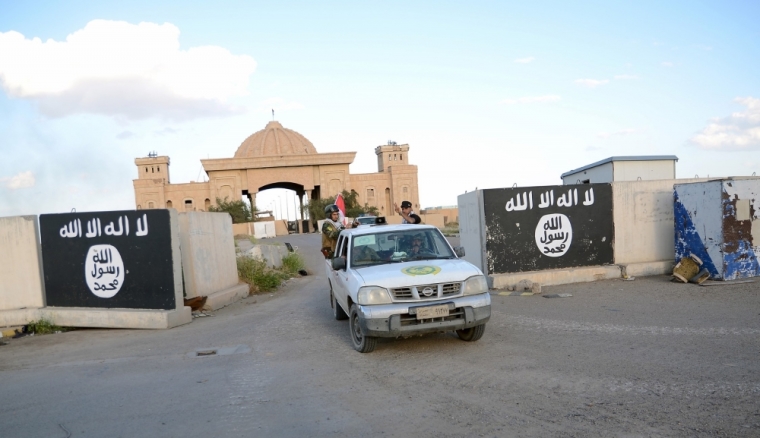ISIS Hostages Freed by US Special Forces Describe Horrific Physical Torture
Three hostages who were freed last month by Kurdish and U.S. commandos during a rescue mission on an Islamic State compound in northern Iraq have provided detailed insight about their torturous experiences sitting on Islamic State's death row.
Acting on intelligence that the terrorist group was going to execute dozens of Iraqi prisoners, Kurdish forces, backed by U.S. special operations forces, freed nearly 70 IS-held captives during a late-October raid on an IS prison near the Iraqi town of Hawija that cost Delta Force Master Sgt. Joshua Wheeler his life.
Wheeler, who is the first U.S. soldier publically known to be killed in the fight against IS, did not die in vain, as the mission spared the lives of dozens of Iraqis, including many Iraqi security forces who were to be slaughtered in the days following.
During an interview with Reuters, former Iraqi police officer Saad Khalaf Ali explained that if the security forces hadn't shown up when they did, he would have been executed the next day
Ali, who confessed to informing Kurdish and Iraqi forces about IS militia positions, explained that when IS interrogators at the prison tried to force a confession out of him, they used various torture tactics.
Ali remembers militants suffocating him until he became unconscious by placing a plastic bag over his head. Ali recalls that after he passed out from lack of oxygen, he was brought back to consciousness because militants subjected him to shock torture, which sent an electric current all throughout his body.
Although the torture left Ali lying on the prison floor, gasping for breath, he had no problem enduring the physical pain, he said. But when the militants threatened to slaughter his family, that was when Ali felt he had to confess.
"I confessed to everything," Ali admitted.
The 32 year old was then taken to an IS judge who sentenced him to the death penalty. Ali later found out that his execution was to be carried out on Oct. 22, the day after the commandos freed him, captured five militants and killed many others jihadi fighters.
A couple days before his scheduled execution, Ali remembers hearing a bulldozer digging a trench outside. The next day four other prisoners were taken outside and shot to death. He specifically recalls hearing 26 gunshots. He was then inform that his execution would be the following day.
Ali etched his last wishes onto a Muslim prayer timetable, which addressed his nephew. He told his nephew to take care of his family. Ali also etched the name of the man who informed IS about him so that his nephew could avenge his death.
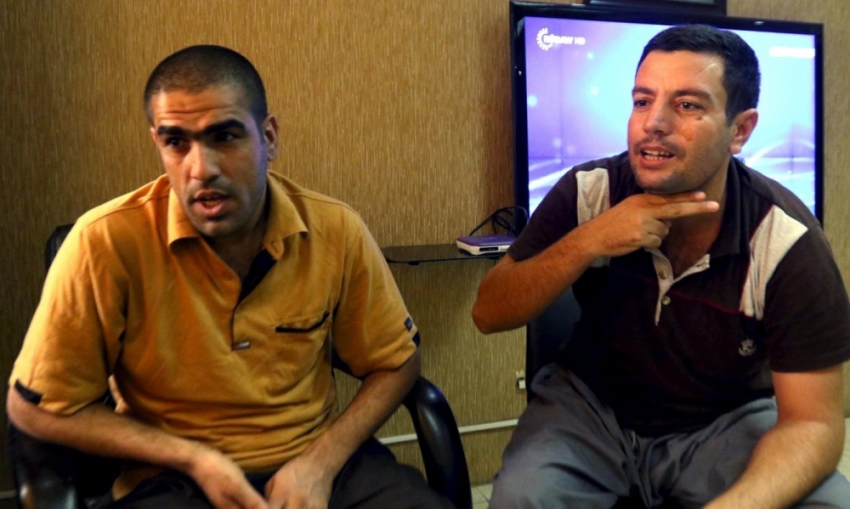
Reuters also interviewed fellow hostages Ahmed Mahmoud Mustafa, 31, and Mohammed Abd Ahmed. The hostages recounted how their captors expected them to pray five times a day, and read Islamic lessons that were prepared by IS.
Mustafa explained that he was held in a windowless room with 38 other prisoners.
The men detailed how they were forced to watch beheading videos, which militants displayed on a large screen. Ahmed said that he even tried to look away from the video during a grisly part of the footage, and he was punished by being beaten on the head.
Both Ahmed and Mustafa said they had experienced run-ins with IS militants prior to their detainment in Hawija. Ahmed said he was once whipped 50 times for criticizing militants. He was also told that if he did it again, the militants would slice off his tongue.
Mustafa said he had been arrested by IS four other times prior to his detainment in Hawija because a guy he had a personal issue with had good connections with the terror group.
As Ahmed and Mustafa were both charged with espionage, another offense punishable by death under IS' strict brand of Shariah law, Mustafa caught a brief break when a militant who was supposed to testify against him was killed in battle. However, the militants were successful in getting Mustafa's own cousin to testify against him.
As for Ahmed, he caved to the torture and confessed to the crime levied against him. He reasoned that if he confessed, his inevitable death would come sooner rather than later.
When Ahmed was sentenced to death, the militants asked him if he prefered to be decapitated from the front or from the behind.
"It's up to you," Ahmed replied.
As Ali's execution was just hours away on the night of the rescue, he was up until 2 a.m crying until he heard the sound of the rescue helicopter. Minutes later, the door of his room was leveled by a commando with an M16 rifle.
"Don't be afraid, we have come to liberate you with the Americans," Ali recalls the Kurdish commando saying.










